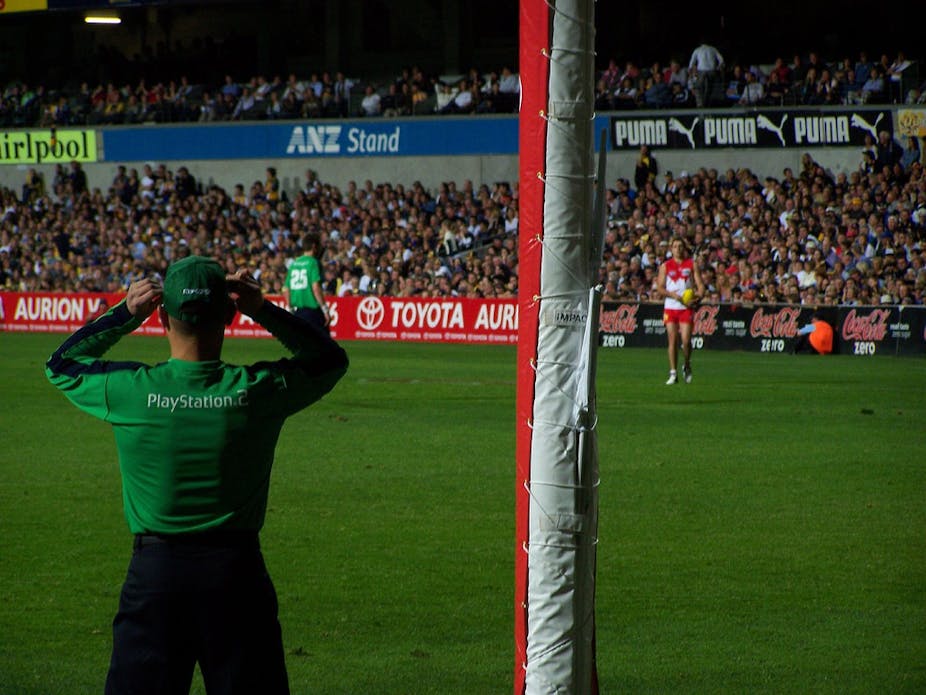A student in Japan once told me that old age is the best cure for youth. It took me a long time, and a lot more life experience, before I finally figured out what she meant: there is no way to avoid the mistakes we make as young adults. Everyone makes them, everyone learns. In time, you grow and change and one day you have the wrinkles and grey hairs to prove it.
Paul D Carter was 20 when he first entered the Vogel. He didn’t win, but he never gave up on the ambition. He entered again when he was 32, and this time won with his remarkable novel Eleven Seasons. No doubt because he had aged, learned, improved. Good thing too, because the Vogel only allows entries from writers under 35 years of age. He was cutting his improvement very fine.
There is a lot to like about Eleven Seasons, the story of young man doing his growing up with football. It is moving, funny, and thoroughly well written. What’s more, I have no doubt that it would have found a home with a publisher, even if Paul had been unlucky enough to lose the Vogel a second time. Someone, somewhere would have snapped it up.
Contemplate that for a moment. If Paul could have published his book elsewhere, why enter the Vogel at all? Why not put all his efforts into finding a publisher the traditional way, as 99% of first-time authors do?

This is a significant point. I can safely say, having spoken to other authors, and to other recipients, that winning the Vogel is the best way for a young literary writer to publish his or her book. The award is a huge, brightly glowing beacon, attracting the very best talent in the country. It all but guarantees great publicity and healthy sales for the book, and a national media profile for the winner. And all young writers know that.
Why is this the case? Why does the Vogel attract so much more attention than, say, the Adelaide Festival, the Writing Australia, or the Victorian Premier’s awards for unpublished manuscripts?
My guess: A combination of storied history, great management, worthy winners, and the pure theatre of it. Don’t underestimate what these things mean to a young writer.
So when Bronwyn Lea pointed out last week that the “problem with the Vogel age-limit is not that it’s ageist, but that it’s arbitrary”, I cannot help but think she is missing the point.
Take football for example. Last weekend I heard a caller ask the panel on ABC Grandstand why on earth the AFL continued to pay a behind whenever the ball hit the post. Surely it would be easier to award a goal, like all the other codes, if the ball continues on, and goes through?
The panellists, ex-footballers and coaches, gagged on their coffees. Removing this one arbitrary rule, they said, would alter the entire basis of the game. We have always given a point for a poster, they said. Change that, and you change the theatre of the game. The coat-of-varnish graze, that cruel spoiler, would no longer exist. That is too much to ask, they said. Grand finals have been decided on the basis of the poster. It is a part of the game as a drama.
And so it is with the Vogel. Change that one arbitrary rule, and you change the theatre of it.
Who knows where Kate Grenville would be today if she had had to compete with twice as many entrants. Or Brian Castro. Or any of the other winners who have gone on to superb careers.
Geordie Williamson, a Vogel judge and noted literary critic agrees. He argues that “younger authors almost invariably find themselves at the end of a long queue” when it comes to literary prizes. What the Vogel does is “clear a space for younger authors to make their name before venturing out into this crowded playing field. It arms them with some bona fides.”
Yes, the Vogel age limit is arbitrary. But so is the Miles Franklin award’s insistence on only accepting books with Australian content. Each year excellent books are excluded from judging for no other reason than a lack of immediately recognisable Australianness.
All rules are arbitrary. But without rules, these awards would have no character, build no history, and, ultimately, be less valuable and less attractive.
To my mind, the 35-year age limit is a huge reason why the Vogel has been so successful. Planning for it, writing draft after draft, daring to imagine what it might be like to win, hoping, believing that I could: this process helped to cure me of my youth.
Why tamper with an award that offers so much just the way it is?
Read Bronwyn Lea’s column here.

